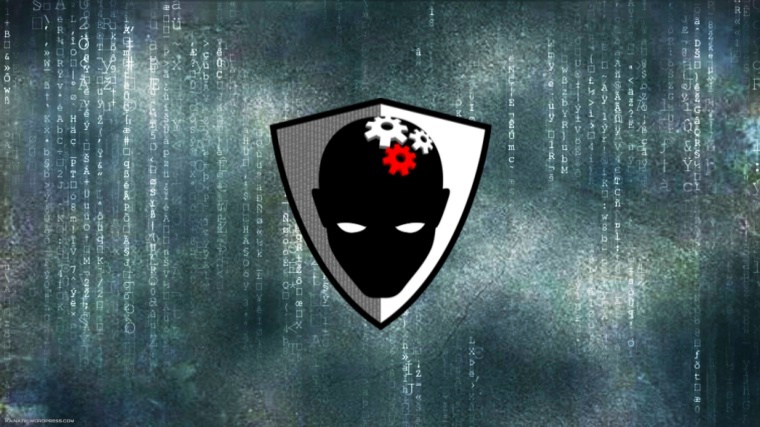Today’s enterprise IT infrastructures are built for speed and scalability, conditions that make Akeyless’s secrets management solution all the more useful. Companies like Cimpress, Stash, and Constant Contact have turned to Akeyless for help with secrets management, which makes sense given the way today’s operations, development, and security teams operate.
Considering the competitive business landscape, having the ability to get workloads online as quickly as possible has become an advantage. As such, organizations are actively embracing the DevOps approach to software supply chains, which often involves extensive containerization and automated orchestration.
Acumen Research and Consulting predicts that the global DevOps market will reach $37 billion in revenues by 2030. The move to hybrid and cloud-native app development, which require resources to communicate with one another, has made secrets such as credentials, passwords, certificates, and keys, an integral aspect of IT management. Secrets facilitate the interconnectedness of infrastructure components. Users, devices, and applications must undergo verification and credential exchanges to connect and interact with others securely.
Because all workloads now involve IT, it is possible for even a small enterprise to have thousands of secrets in use within its ecosystem, giving rise to the problem of secrets sprawl. IT teams often lack complete oversight and visibility over all the secrets across the organization, making zero trust principles like dynamic, “just in time” credential generation, a major challenge.
This challenge often ultimately becomes an alarming security issue. Leaked passwords from human users are obviously potential security risks; static secrets such as keys and certificates can also be left neglected on servers and instances. Malicious actors can exploit any secret in use. According to Verizon, stolen credentials account for nearly half of today’s data breaches.
Akeyless looks to solve this issue for enterprises through its SaaS-based solution. Through its Akeyless Vault Platform, the company enables security teams a comprehensive control, injecting all credentials as needed, across the organization, whether on-premises or in the cloud. By centralizing oversight and control, companies can assign, revoke, and redeploy efficiently and securely.
Overcoming Security Silos
While there are older ways to manage secrets, they are generally tied to a particular type of secret. For example, credentials and levels of access are often managed using identity and access management tools. Username and password combinations are organized using password managers or, as often is the case, Excl sheets. Companies requiring more robust security use devices like hardware security modules to store their keys and process encryption.
While many of these solutions can be effective independently, they can lack interoperability. Security teams often end up using several tools to manage all of their secrets, which do support integrations and DevOps use cases. This becomes a stumbling block for organizations looking to leverage orchestration and automation.
Akeyless works around this by unifying the management of secrets to a single platform, including passwords, keys, and certificates, with a back end that refreshes and encrypts keys across environments, injecting them into code using API calls.
As a SaaS solution, implementing Akeyless is quick and easy. Individual users can instantly take advantage of multi-tenant password management. They can even conveniently sign in to services using a browser extension. If the organization is already using other secret managers, Akeyless can readily import data from Kubernetes Secrets Manager, HashiCorp Vault, and Azure Key Vault.
The platform’s native integrations with DevOps solutions like Terraform, Jenkins, and CircleCI ensure that coders can maintain security without the need to change work environments.
The Akeyless dashboard also features an intuitive interface that allows IT teams to organize secrets using folders and subfolders, much like how file systems in operating systems work. Access and permissions can then be assigned to these folders. This way, CISOs, and IT teams will be able to sort secrets as they see fit. For instance, folders can be organized according to business units, making it easy to identify which groups have access to particular secrets.
Integrating into Modern Workflows
A defining advantage that the platform offers is its seamless integration into workflows. Akeyless can be hooked up to identity providers like Active Directory and Okta. The platform also provides an SDK, allowing developers to integrate Akeyless into existing libraries, scripts, and applications. It can integrate seamlessly into DevOps pipelines, including with CI/CD tools like CircleCI, GitHub, and Jenkins.
Enterprises can also use Akeyless to handle dynamic or rotating secrets. Assigning and reassigning keys and certificates is usually done during provisioning and as part of security measures, and that these tasks can be managed centrally and automatically is a game-changer for enterprises leveraging the cloud, DevOps, and containerization.
The typical back-and-forth between development and IT teams for requests to generate keys and assign certificates can be eliminated, allowing for greater efficiency across the enterprise.
Achieving Zero-Knowledge Security
Akeyless believes that enterprises should retain complete control and ownership of their secrets through zero-knowledge security.
Akeyless’s patented Distributed Fragments Cryptography (DFC) technology makes this possible. Not even Akeyless can see any of the actual secrets stored on the platform or reveal them cryptographically. Secrets information is stored in secure fragments distributed in different servers and regions and constantly refreshed mathematically.
Users keep a key fragment in their own environment, which is used to prove themselves as trusted identities. Through DFC, there is no need to reassemble the fragmented encryption keys. It becomes virtually impossible for secrets to be compromised by external threat actors.
With all these capabilities, Akeyless ultimately provides a comprehensive and practical secret management solution for the modern enterprise. Security and product teams alike can become true custodians of secrets and security in their respective organizations while enabling efficiency for all IT stakeholders.









